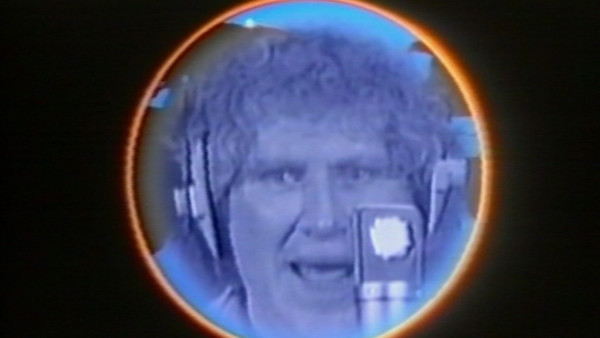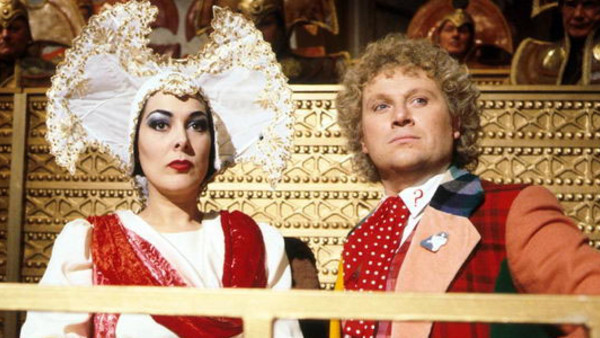What Really Happened: Doctor Who - The Trial Of A Time Lord

Yeah, things didn't start off too smoothly, particularly since this was intended as a season finale, meaning audiences had to wait until the following year to see how this new Doctor evolved. Assuming, of course, their confidence hadn't already been shattered. Despite some initial teething problems, Colin Baker's first full season was well received by audiences, gaining an average viewing figure of 7.1 million. On top of this, Season 22 delivered fan favourite stories such as Vengeance on Varos and Revelation of the Daleks. Sadly, this positive feeling wouldn't last long, and BBC meddling would ultimately seal Doctor Who's fate moving forward.
Michael Grade, the then controller of BBC 1, absolutely despised science-fiction programming and felt that Doctor Who had served its time and was rather keen to axe it entirely. This opinion was shared by then head of drama, Jonathan Powell, who also found Doctor Who to be a burden due to becoming tired and cheap looking compared to other science fiction productions at the time. They attempted to do away with Doctor Who in 1985. However, due to the intervention of John Nathan-Turner, who had series advisor Ian Levine leak this information to the press, a fan outcry forced Michael Grade and Jonathan Powell to rethink their actions.
This also led to Doctor in Distress, but we won't delve any further into that musical number than we physically have to. Simply put, this was a darkening period for Doctor Who. John Nathan-Turner pulled out all the stops, alongside Ian Levine, to ensure the show survived the selfish minds of BBC executives, who lacked the understanding of why audience members, and fans, loved Doctor Who so much.

It was eventually decided that Doctor Who would go on an eighteen month hiatus, allowing the production team time to re-evaluate the show and complete any necessary mandates pushed by Michael Grade. This resulted in the originally planned Season 23 to be scrapped entirely. Doctor Who was severely cut back in both its length and its budget, reducing the episode count to an all time low fourteen episode run, the shortest season to date.
To make the most of this dire situation, Eric Saward decided to design the new season around the idea of the Sixth Doctor being placed on trial by the Time Lords, symbolising the show's real life predicament. Eric Saward worked closely with Doctor Who veteran Robert Holmes to construct this brand-new narrative, hoping desperately to avoid the issues of previous seasons.
[Cont.]